 10 Reasons To Listen to Your Kid and Get That Pet
10 Reasons To Listen to Your Kid and Get That Pet

Introducing a pet into your family dynamic can be a transformative experience for both children and adults alike. Beyond the joy and companionship they provide, pets offer a multitude of benefits that can positively impact a child’s development and well-being. From fostering responsibility and empathy to encouraging physical activity and reducing stress, the presence of a furry friend can enrich a child’s life in numerous ways. In this article, we’ll explore ten compelling reasons why getting your kids a pet may be one of the best decisions you make for their overall growth and happiness.
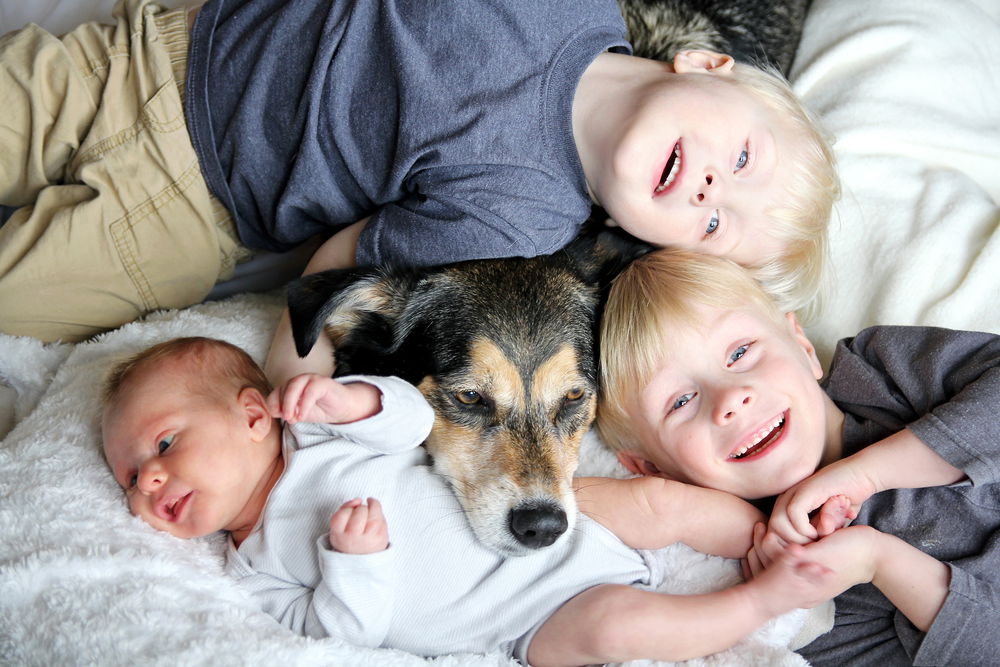
Pets Can Help Support a Stronger Immune System
Introducing pets to children early in life has been linked to a decreased risk of developing allergies and asthma later on. Exposure to pet dander and other allergens can help build a stronger immune system, making kids less susceptible to allergic reactions.
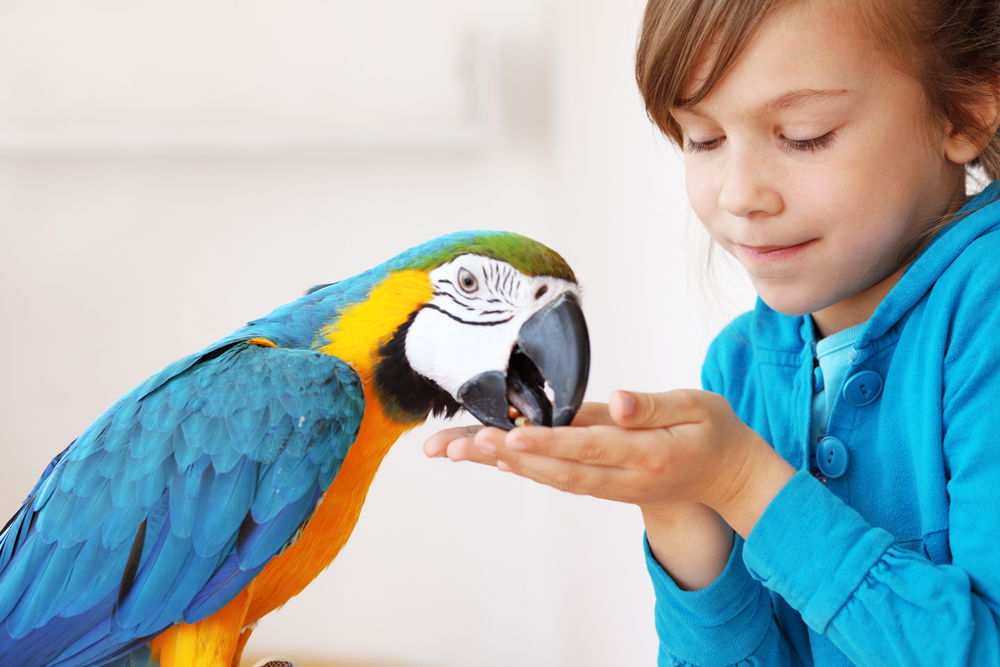
Pets Teach Kids About Responsibility
Caring for a pet teaches children valuable lessons in responsibility, from feeding and grooming to exercising and providing companionship. These tasks instill a sense of accountability and empathy in kids as they learn to prioritize the needs of their furry friends.
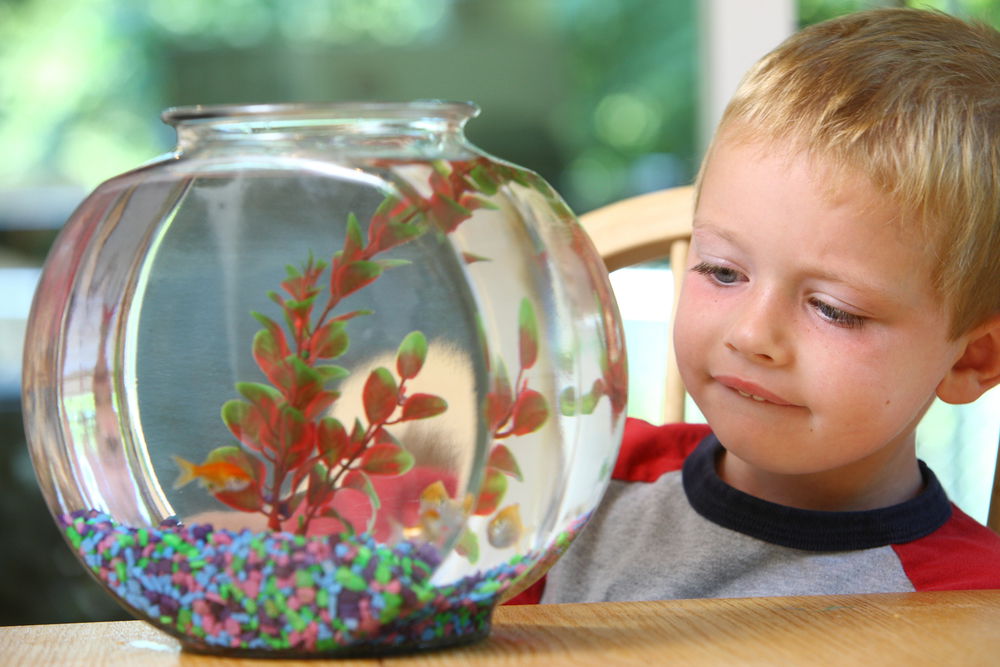
Pets Help Kids Gain Valuable Learning Skills
Having a pet offers endless learning opportunities, whether it’s researching different breeds, understanding animal behavior, or exploring the importance of proper nutrition and healthcare. These hands-on experiences can enhance children’s cognitive development and foster a lifelong love of learning.
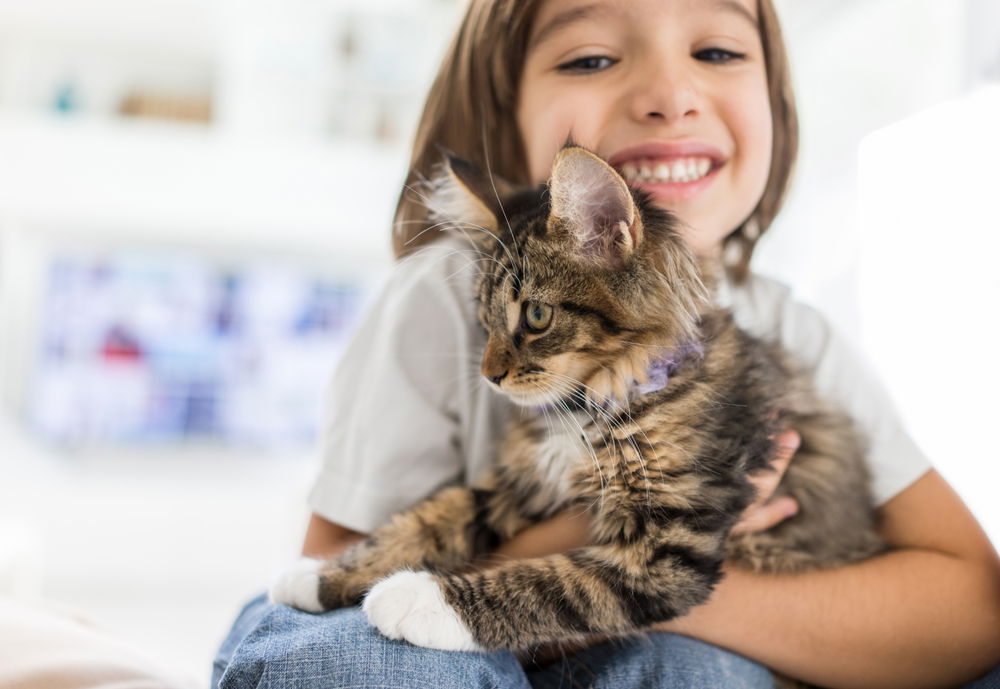
Pets Provide Loyalty
Pets offer unwavering comfort and companionship, providing a source of emotional support for children during both happy and challenging times. The unconditional love and nonjudgmental presence of a furry friend can help reduce stress, anxiety, and feelings of loneliness, promoting overall emotional well-being.

Pets Bring the Entire Family Closer Together
Bringing a pet into the family creates shared experiences and strengthens bonds between family members. From taking walks together to cuddling up for movie nights, pets become integral parts of family routines and traditions, fostering a sense of unity and connection among siblings and parents alike.

Pets Motivate Children to Exercise
Pets encourage physical activity and outdoor play, helping kids stay active and engaged in healthy behaviors. Whether it’s playing fetch with a dog, chasing a cat around the house, or taking a hamster out for supervised exploration, having a pet can inspire children to get moving and enjoy the benefits of an active lifestyle.

Pets Can Lower Blood Pressure
Studies have shown that interacting with pets can have a calming effect on the body, leading to reduced blood pressure and heart rate. The soothing presence of a pet can help alleviate stress and promote relaxation, contributing to improved cardiovascular health and overall well-being for children and adults alike.

Pets Reduce Loneliness
Pets provide constant companionship and alleviate feelings of loneliness, especially for children who may struggle to make friends or adjust to new environments. The affectionate nature of animals and their craving for attention offer opportunities for unconditional love and acceptance, filling emotional voids and offering a sense of security and belonging.
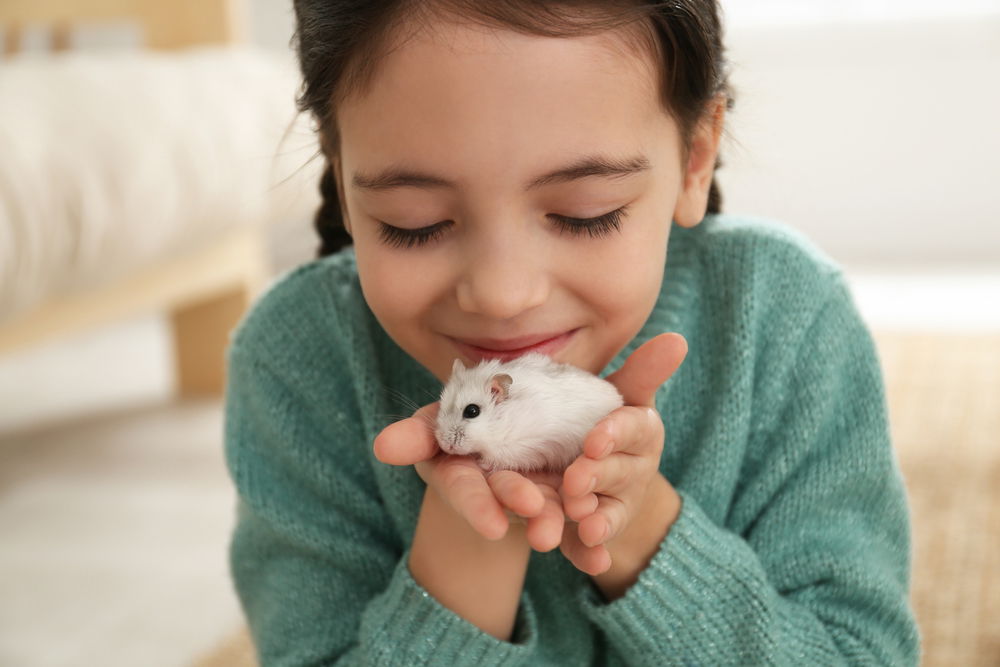
Pets Teach Kids About Life Cycles
Caring for a pet offers valuable lessons about the circle of life and the responsibilities that come with it. From witnessing the birth of baby animals to saying goodbye to beloved pets, children learn about the natural processes of life, death, and the importance of cherishing moments with loved ones.
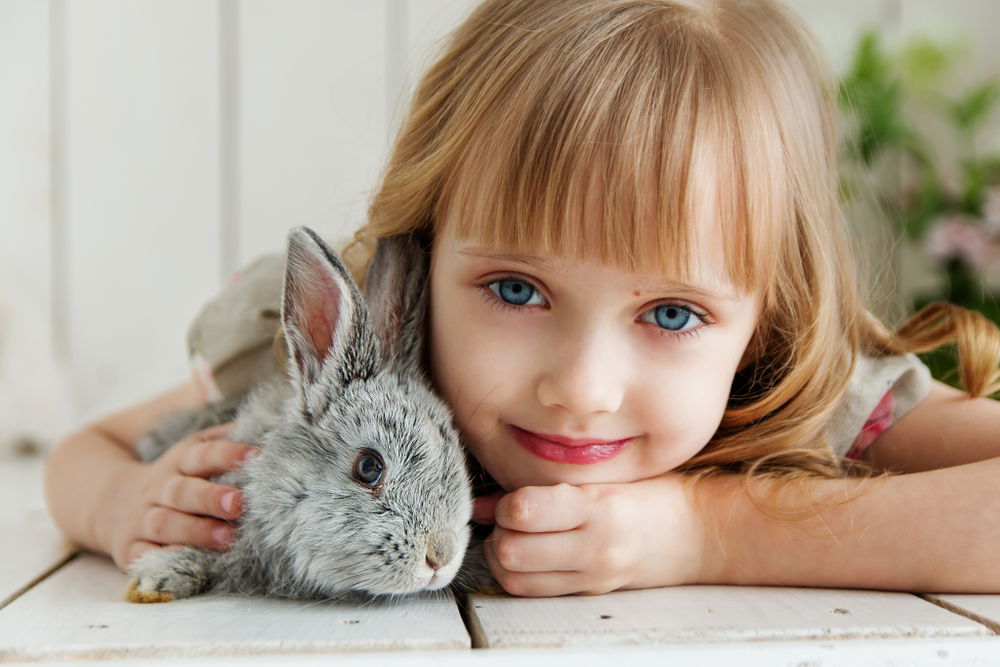
Pets Are Amazing!
Above all, pets are incredibly fun! Whether it’s playing games, teaching tricks, or simply enjoying snuggles and cuddles, pets bring endless joy and entertainment into children’s lives. The laughter and happiness shared with a furry friend create cherished memories that last a lifetime, making pet ownership a rewarding and fulfilling experience for kids of all ages.